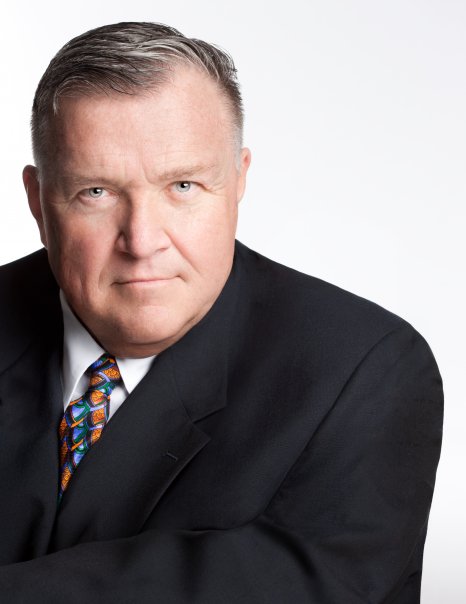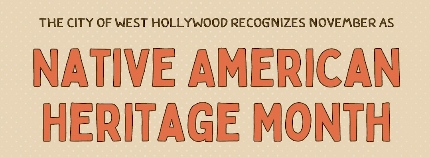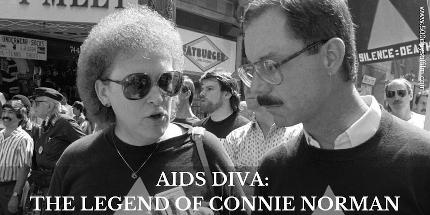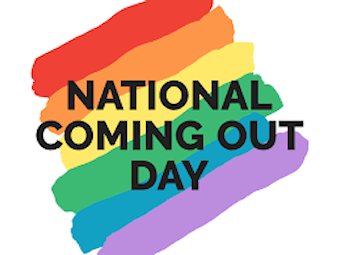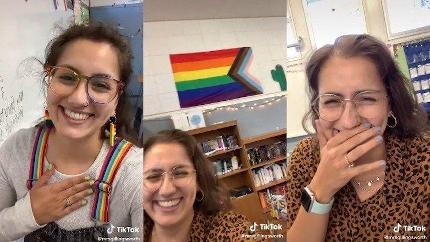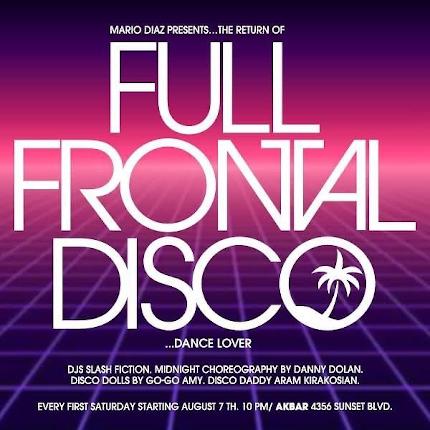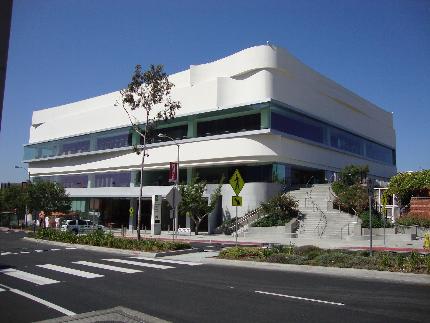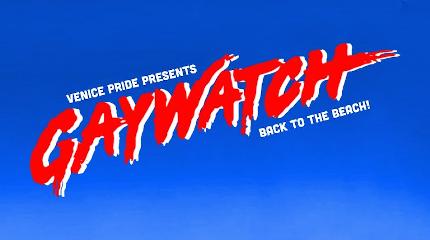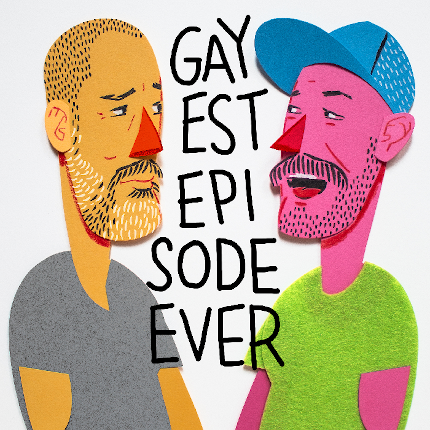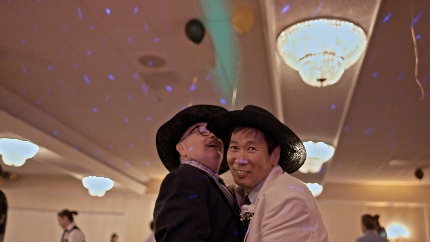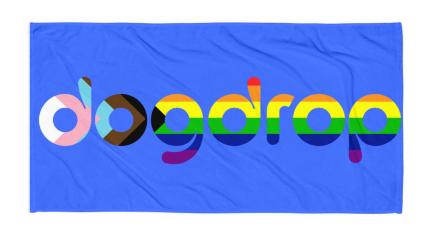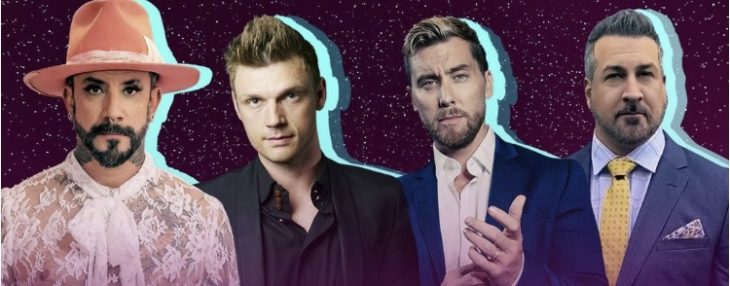
BY KAREN OCAMB | There was a moment in time in the early 1990s when David Mixner was briefly considered the gay community’s version of Martin Luther King Jr.: he was a follower of Mahatma Gandhi; he was a leader in the anti-Vietnam War movement; and he spoke eloquently about fighting the spectrum of inequality impacting American gays and lesbians from those dying from AIDS to those risking their lives while serving in silence in the U.S. military.
Mixner first appeared on the national scene as one of four organizers for the important Moratorium to End the War in Vietnam on Oct. 15, 1969. Millions marched in Washington DC—and listened to speeches from such leaders as Coretta Scott King, whose husband had been murdered 18 months earlier—while millions more marched in cities around the country. Mixner’s friend, Bill Clinton, then a Rhodes Scholar at Oxford, organized a demonstration across from the U.S. Embassy in London that would later become an issue during Clinton’s presidential campaign.
But Mixner was also known as a Democratic Party strategist, having started his political career out of college by organizing the victory for progressive presidential candidate Eugene McCarthy over incumbent President Lyndon Johnson in the Minnesota caucus in 1967. He came to the attention of the gay community in 1976 when, after having run Los Angeles Mayor Tom Bradley’s successful reelection campaign in 1976, Mixner joined the Municipal Elections Committee of Los Angeles (MECLA), the first gay political action committee. After proving their prowess in the city council elections, Mixner came out and, with other MECLA members, helped organize the statewide No on 6 campaign against the anti-gay Briggs Initiative. Mixner and his partner Peter Scott convinced Gov. Ronald Reagan to oppose the measure, leading to its crushing defeat in 1978.
Seven years later, in 1985, Mixner helped defeat Prop 64, an initiative that would quarantine people with AIDS. Peter Scott died in 1989, one of hundreds of friends he lost to the cruel disease.
“I did close to 90 eulogies in two years in the 1980s,” Mixner said last year. “And you don’t really think about it as you go through it. As I used to say, it was Saturday morning memorial and Saturday night disco.”
In 1991, after presidential candidate Bill Clinton promised Access Now for Gay & Lesbian Equality to fight AIDS and lift the ban on gays in the military, Mixner and ANGLE raised $3.1 million dollars and helped organize the first gay voting bloc to elect Clinton over incumbent President George H.W. Bush. Two years later, Mixner felt betrayed after Clinton sprung “Don’t Ask, Don’t Tell” on the once adoring gay community and protested at the White House gate as his former friends waved from inside.
In his one-man play “Oh Hell No,” Mixner plants a gay stake in time. “This generation of youth must know…of the sacrifices and the courage,” Mixner said, “so they know that they come out of something magnificent, something historic, something noble, something exciting….They have an incredible history that should fill them with pride—one of courage and power and dignity.”

